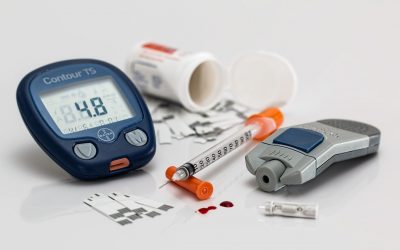Also known as high blood pressure meaning that your blood pressure is consistently high and so your heart is constantly working harder to pump the blood around your body. Over time, high blood pressure causes your arteries to become stiff and narrow making it easier for fatty material to build up which can lead to a heart attack. Hypertension can also cause your heart to become enlarged, thickened and less efficient. The increased size and effort mean that your heart requires more oxygen than a healthy heart.
50% of heart attacks can be attributed to high blood pressure. In the majority of cases the cause of hypertension is unknown. It is usually a result of diet, lifestyle or a medical condition. Lifestyle aspects that are linked to increased blood pressure include excess alcohol, smoking, too much salt, lack of exercise, being overweight. Blood pressure increases with age and varies significantly throughout the day depending upon emotional state, caffeine, activity, smoking, food and time of day. Due to this, if you are measuring your blood pressure it should be measured more than once at different times throughout the day. If you would like to learn more about blood pressure, I have done a separate section all about blood pressure which you can find in the ‘understanding your heart’ section of the learning centre.









